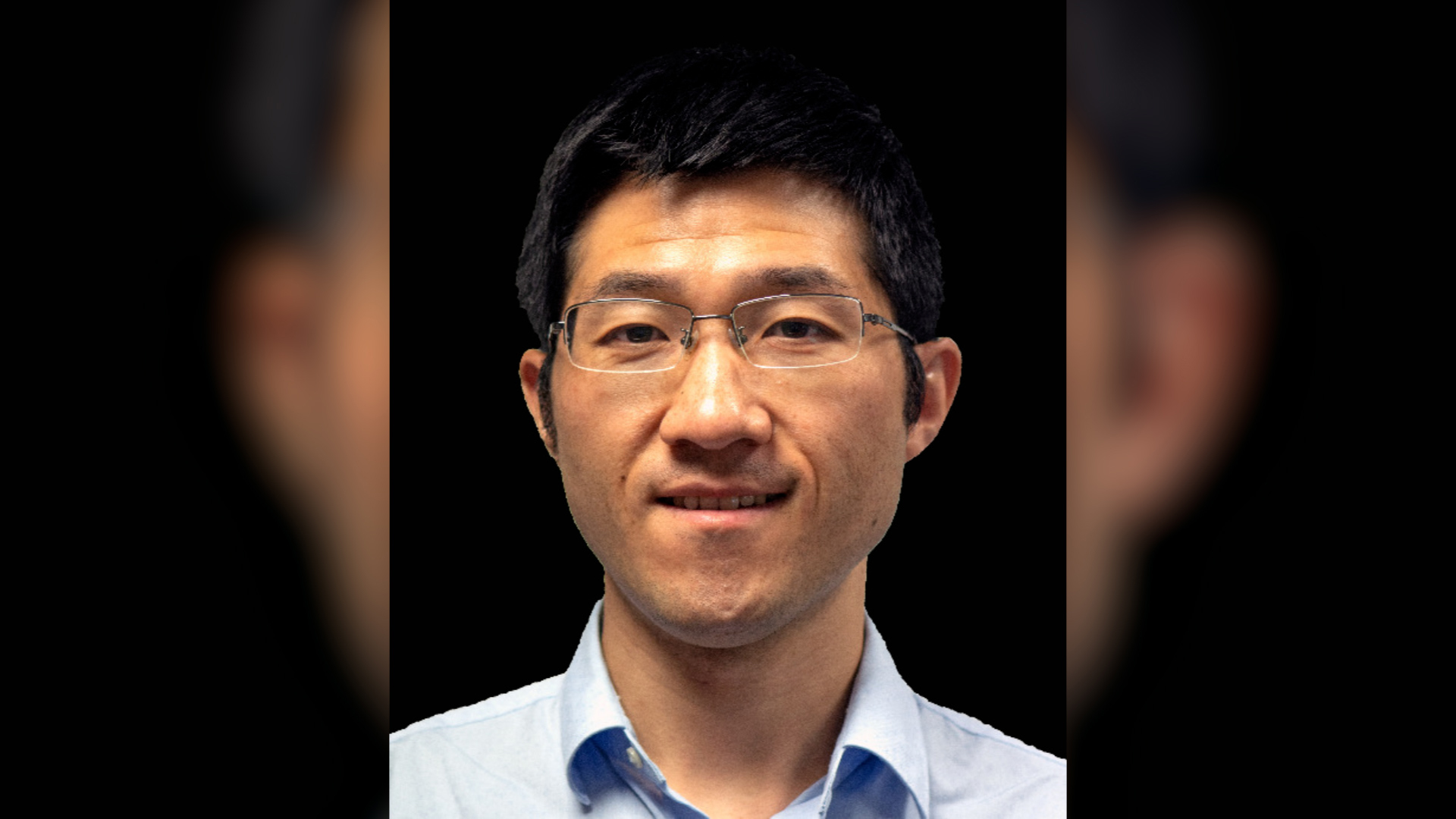Dr Xinan Zhang had possibly the ideal introduction to combining university research and industry collaboration. His PhD project was funded by Rolls Royce.
The enterprise famous for the quality of its engines was concerned with the design of integrated electrical systems (in this instance for ocean-going vessels) that provided high-level stability in real-world situations where unpredictability is par for the course.
"Earth might well be regarded one day as the place where humanity spent its infancy."
UWA researcher Xinan Zhang
Xinan’s role was to design the control of the electrical system, a task that required rigorous analysis and the asking of questions that might not have been asked before.
He was prepared for that work through his early study at Fudan University in China, where he was encouraged to explore broad concepts and theoretical aspects. He subsequently completed a PhD in electrical engineering at Nanyang Technological University in Singapore, then serving as a research fellow at the University of New South Wales. Xinan returned to Nanyang as a lecturer before taking up a position as senior lecturer in UWA’s School of Engineering in 2019.
For Xinan, the role of a researcher is not unlike an explorer whose terrain is the immense field of possibilities. That approach has led him to one of the most extraordinary domains of human exploration: the infinite vastness of space.
Space travel requires an enormous amount of energy. How far might we reasonably expect to go at a time when the moon and the inner planets of the Solar System seem a very long way away?
Xinan said longer journeys might be more practical than we currently understand.
“Today’s science fiction might well be tomorrow’s possibility and the understood reality of future generations,” he said.

Image: Xinan Zhang: "It's human nature to look at the future."
For Xinan, looking at, imagining and creating the future are inherently natural impulses. “It’s human nature to look at the future,” he said.
“Earth might well be regarded one day as the place where humanity spent its infancy. As we work out how to explore the heavens we have long gazed at in wonder and awe, whether through telescopes and space vehicles or our own internal thought processes, we grow up.”
Xinan said UWA was a good example of a place that allows students and academics to explore: to be part of “consistent knowledge creation”. It’s in what he describes as the “top tier” in the field of space exploration; understanding that creative ideas can come from students and academic research can be facilitated by their questioning.
He is now working on high-speed machine learning algorithms in the power industry – one that will allow self-learning based autonomous control of energy systems. With a self-learning control mechanism, batteries could check their own health and give suggestions on how to improve it. Several experimental prototypes have already been created.
“A power revolution becomes a practical possibility, immeasurably extending the range of human exploration,” he said.
Media references
UWA PR & Media Advisor Carrie Cox - 08 64886876
